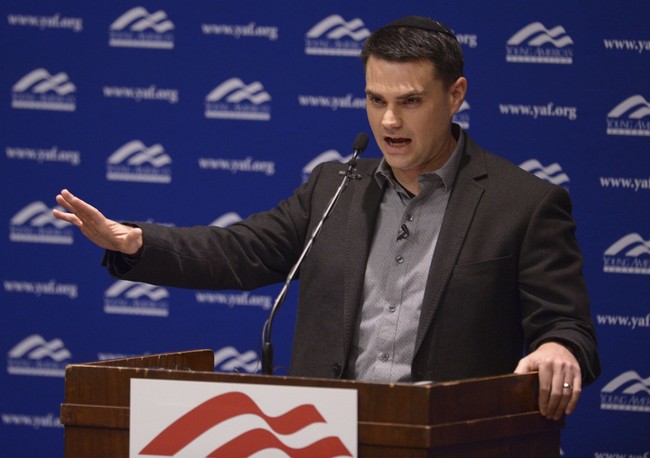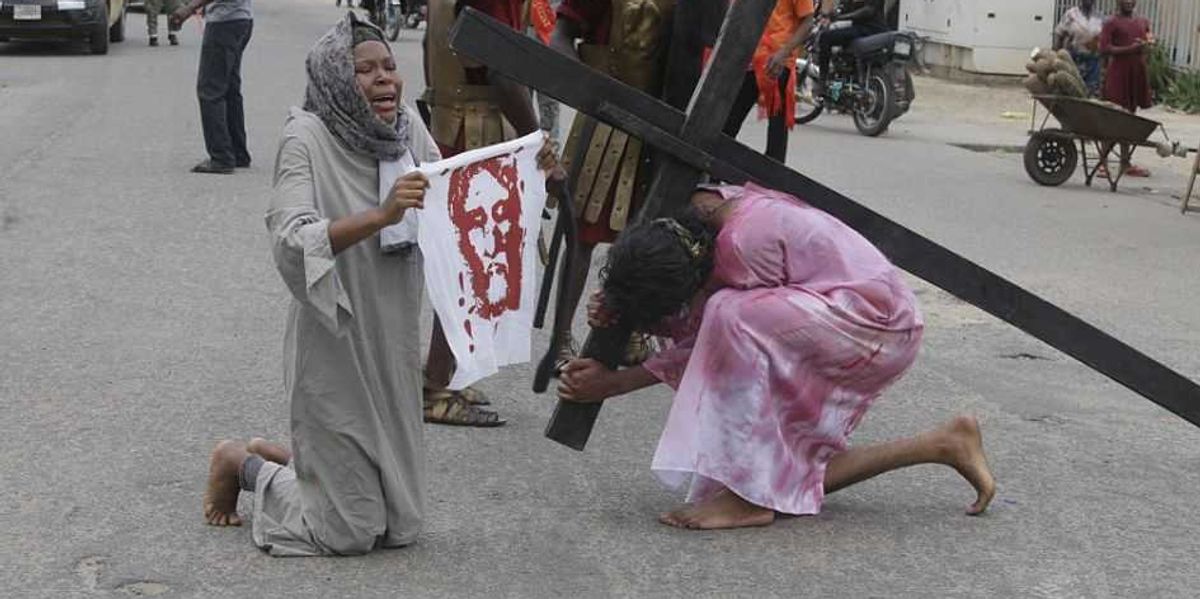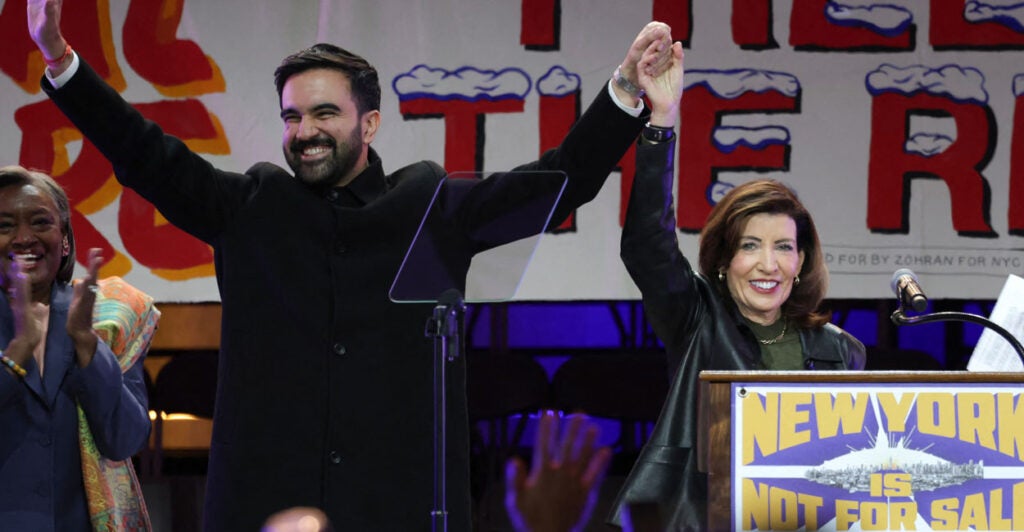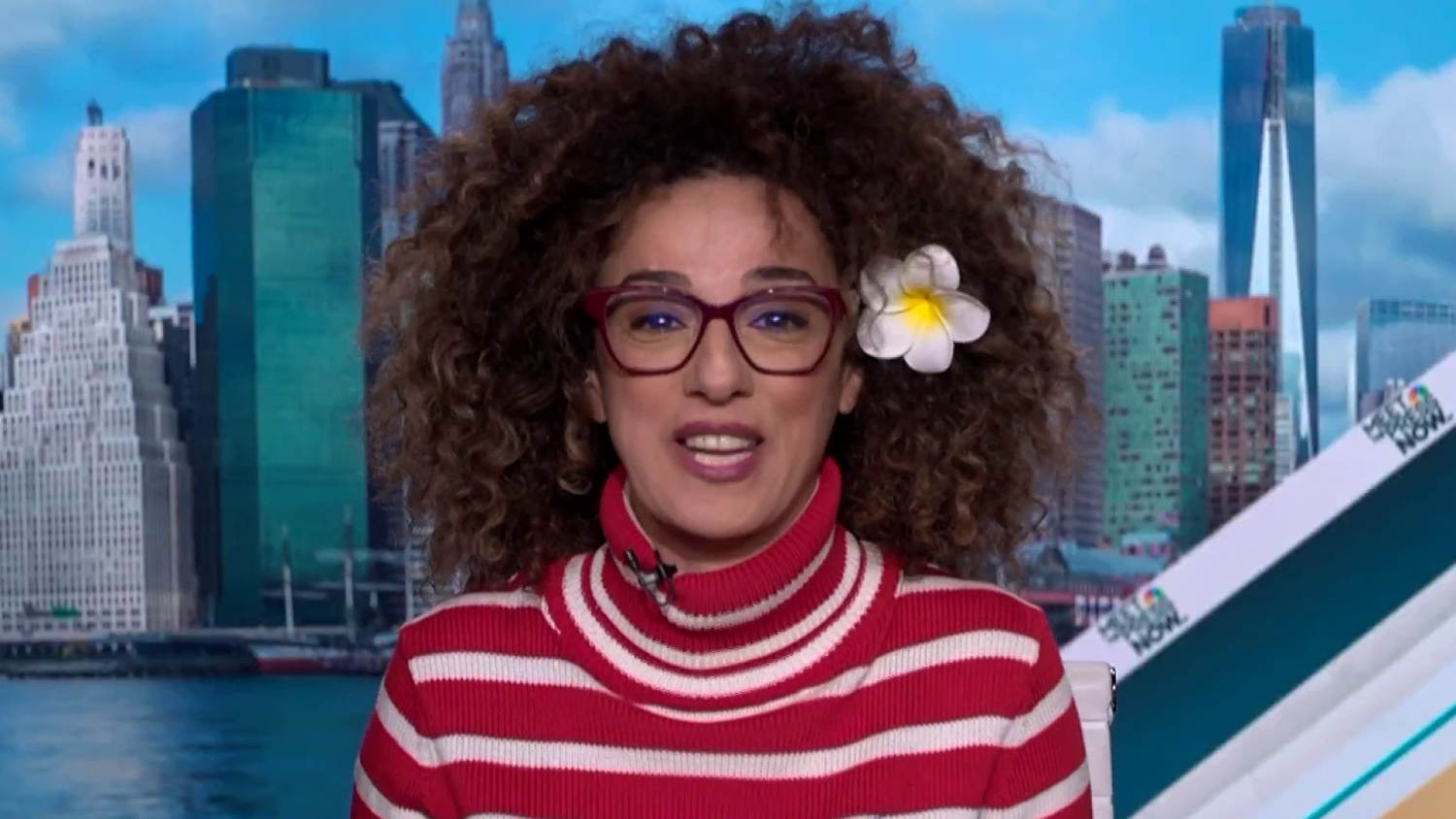It’s easy to find fractures in the Democratic Party, particularly as the center and left battle for dominance. But what’s to be gleaned from an Election Day when both factions win?
Mikie Sherrill, a moderate who scored a surprisingly large victory in New Jersey’s gubernatorial race this week, sees a through-line between her election, and that of fellow moderate Abigail Spanberger in Virginia and democratic socialist Zohran Mamdani in New York.
“I think what people want to hear is a leader who’s going to address their key issues, and then I think they want to see really good, clear results,” she said in an interview with The Conversation. “What all these races have in common is there is this desire to make change, that things aren’t working for people.”
In 2024, Donald Trump made huge inroads in New Jersey by making gains with working class people, particularly among Black and Latino voters. One year later, and Sherrill helped return many of those voters to the fold through what she said was a laser-focus on issues of affordability.
“I think we saw 22-point swings in Hudson County, a big Latino county. We saw about an 18-point swing in Passaic County, a Latino and a Black county that’s very diverse,” she said. “I think what you're seeing in these races is a deep desire to address the needs of working people.”
It’s the sort of rhetoric that Mamdani, though his prescriptions may differ, would be hard pressed to disagree with.
This interview has been edited for length and clarity.
Congratulations on the victory. I want to hear about that moment last night when you realized that you had won. Take us into that moment for you.
I had a sense that we were in a good space, but I'm also really superstitious — former naval aviator — so you never quite know until you know. We had really great early returns. It was looking like we were outperforming our model. What I was hoping for was a big victory, a mandate so we could really govern well. And when it became clear that we were going to start to win by big numbers, that's when I got incredibly excited.
In my mind, I thought, I'd really like to have a 10-point victory here. And that's what I was modeling towards. When that morning some weird poll came out saying that it was tied and everyone's like, “Oh my gosh, is everything going wrong?” I'm like, “No, I think 10 points, but we'll see.” But 13 points, wow, that was pretty awesome.
The numbers were funky in the final stretch there. What were the conversations like for your campaign as that started to percolate?
I'm not sure what they were polling. We just looked at it and we're like, “This makes zero sense.” They were saying 60 percent of the Black vote was going to go to Jack Ciattarelli, which there was just zero signs of that at all. I mean zero. So that poll was odd. But again, I never really felt too nervous about my ability to win this one. I've been running in New Jersey, tough races for years. I knew what I had to do and I know what success looks like.
All of these things were really good on the ground. Our internal polling was very good. And then as we started to see the votes come in, vote by mail, we started to say, “Whoa, we're really overperforming here.” Then we started to get that early in-person vote and that started to come in really over-performing. By the time we got to Election Day, we had about a 300,000 vote firewall — a blue firewall. It was at that point, it felt like just a matter of how much we'd win by.
There was a lot of talk toward the end there that this could be really close or potentially that your opponent could win. It was a blowout. Were you surprised by that outcome? What do you make of all that under-performance talk?
I was thinking we'd have a big day. “Blowout” is the word. That was wonderful to see. The narrative was weird in the primary and it was weird in the general. And I think some of that was because of how people felt from ‘24. But man, you look at the No Kings protest, and I kept looking at everything going on — not just here in New Jersey, but around the country — and thinking, what are people missing? Because we're seeing energy. I would have people come in, we do a 500-person rally and they'd leave saying, “I don't know if there's any energy on the ground.” I'm like, “Well, I don't know what else to show you guys.”
Did it ever cross your mind that maybe gender could have played a role in underestimating you or your campaign?
It's kind of a known thing that women candidates in the Northeast, it's the toughest place for a woman to run. So, that could have just played into it. But I also think I'm a different kind of candidate, not just because I'm a woman, but because I've always built a different kind of campaign.
In my state, we have what we call county organizations, party organizations that turn out a vote. I came up in a place that wasn't organized. It was a Republican area. In 2018, I ran for the first time in a Trump district. And it was the heart of the Republican Party historically, Morris County — which I just won, I'd like to say. I'm very excited about that — and when I ran there, there wasn't an incredibly juggernaut of a Democratic machine there. So we always built our campaigns with grassroots support, with round tables. We always had to get the swing vote because without it in a Trump district, you weren't going to win.
I think the traditional Democratic campaign here for many years has relied on the machine getting out their votes, and they did it in the blue areas. And because we built this a different way, I think it wasn't as clear to people how we were doing it and how we were getting our votes out and I think that probably made some people nervous, but I would say that we invested a lot of time, energy and resources in a statewide field program, the likes of which never been seen..
That win translated down-ballot, too. Democrats' lead in the state assembly expanded by at least three, which is to say that you're arriving with a very strong hand. So what are you going to do with it, day one?
Day one, I'm declaring a state of emergency on utility costs. I would speak to thousands and thousands of people about what was going on, what was keeping them up at night, what was happening here. And obviously I don't think it's a secret: affordability.
But there was also a sense that everybody came in and told them, “Oh yeah, I'm gonna do X or Y or Z.” And nobody did anything, and their costs kept going up. And I was hearing that, and I was charting out a path how I was going to take on some of the entrenched interests in Trenton — red tape permitting delays, drive down costs, address some of the first-time homebuyers programs and take on landlords who are colluding — but I still had a sense that people maybe needed to hear how seriously I was taking their concerns about costs. So finally I say, “Here's how you can hold me accountable. I'm going to declare a state of emergency on day one, and I'm freezing your utility costs.”
As a person who served in the military, I think people understand that I do decisive things, that my leadership style is coming from that place, and going to be proactive so they can trust I'm going to do it. I had some proof points. I became the most effective member in the New Jersey delegation in only my second term at Congress. But they also knew where I came from. And then also that I was a mom. It was personal to me, the state functioning, family doing well, kids being able to move back here and afford a home, people being able to retire here.
What people want is this kind of bold action and leadership. But also being able to stand up to the attacks on the economy coming from Washington.
For example, Trump has said he's going to terminate the Gateway Tunnel Project. My opponent showed no signs of doing anything about that. He said it wasn't a New Jersey problem. The Gateway Tunnel Project is the Hudson River Tunnels from New Jersey to New York: 200,000 commuters take them from New Jersey to New York today. So he just was obviously not going to take on Trump in any way and that spoke to voters, too.
How do you plan to navigate that relationship with Donald Trump in the White House? Are there areas where you see room for cooperation, or should New Jerseyans expect that you will be a counterweight to Trump?
I'm really hoping that the administration can see how key it is to invest in New Jersey because right now, I think they're seeing a freefall in the economy — 22 states are in a recession, some are in danger of recession. Here in New Jersey, we have this opportunity with the Gateway Tunnel to provide almost 100,000 jobs. Twenty percent of the nation's GDP comes out of the Northeast. Trump is really familiar with the Northeast, this is where he's from. We have the FIFA World Cup coming here, we have the [country’s] 250th anniversary celebrations coming here with huge investments in tourism. There's a lot of economic activity going on in this region of the country. So I'm really hoping we can convince the administration, if you want to have a comeback in this economy, this is where you start and this is how you do it.
Have you reached out or has the president reached out to you yet?
I haven't spoken to him yet.
But it sounds like for those kinds of key projects, especially infrastructure, you are interested in having a productive relationship.
I'm really interested in making sure I'm clawing back as many resources into the state of New Jersey as possible.
You campaigned as a moderate Democrat. New York City, which is just next door, just elected Zohran Mamdani, a democratic socialist as mayor. How do you square your victory and Abigail Spanberger’s in Virginia with his and what it means for Democrats moving forward?
I think what people want to hear is a leader who's going to address their key issues, and then I think they want to see really good, clear results. What all these races have in common is there is this desire to make change, that things aren't working for people.
And I think in the Democratic Party, we believe deeply that government at its best delivers for working people. And I would say that the juggernaut of a campaign I built is built on that traditional, powerful, Democratic base: working people. We saw every single county — we have 21 counties, every single county — move to the left in this race. I think we saw 22-point swings in Hudson County, a big Latino county. We saw about an 18-point swing in Passaic County, a Latino and a Black county that’s very diverse.
So we saw these huge swings. And I think that's because working people in working class suburbs or Black communities or Latino communities need government to function. They need really good schools, because that's how we all see our kids as having great access to opportunity. Working people want to see access to really good jobs, because obviously that's how they pay their bills. These brick-and-mortar things of building a powerful Democratic message and Democratic Party come from working people. And I think what you're seeing in these races is a deep desire to address the needs of working people.
There's been some criticism, including from within the Democratic Party, that Democrats have lost their way on some of those kitchen table issues, crime as an example. Do you agree with that criticism?
I'm a former federal prosecutor, so public safety has always been front and center for me. I'm also somebody who is the granddaughter of a union member. I track my grandpa's union job to taking us out of poverty and putting us squarely in the middle class and why I'm here today. So I would say that when we get away from focusing on some of those key issues to how people get access to opportunity…
Look, I am so pro-choice. I know the devastation it breeds when women don't have access to make these choices with their doctor. But if I am talking to you about abortion and you cannot pay your rent, then we can't talk. We've got to talk about the first-tier issue. And for working families, you can't get to the other issues if you aren't talking about, “Look, I'm going to make sure you can pay your rent. I'm going to make sure that you can feed your family. I'm going to make you have a comfortable job so that you're secure.” Those are the key. You get to those, and then you can start to get to a lot of other things.
You know in my acceptance speech, I was talking about liberty and prosperity. That's our state's motto. Liberty is great. You can't be free if you are not able to prosper. If you don't have access to good schools, or if you don't have access to a good job or good health care, all the liberty in the world is not going to get you very far.
You have a military background. You were part of the group of women with military and CIA experience who called yourselves “The Badasses”: Elissa Slotkin, Chrissy Houlahan, Elaine Luria, Abigail Spanberger. Can you talk a little bit about those friendships and how you think your time in the military has affected your approach to politics?
Somebody told me today I am the first female veteran governor of the United States. So that's exciting. But I think that background, we were trained in a certain kind of leadership — servant leadership, that to lead is as much to serve the people that are working for you — and the idea of accountability. Bringing that into my governing style, bringing that into how I lead has been really effective as I've worked in Congress and something I intend to bring to Trenton as governor. And then I think you see the reason as several of those women that you've named have been so effective themselves is because they come from that same kind of background: tough, can-do, proactive.
You and Spanberger were roommates or you lived on the same floor?
We were roommates! We lived on the same floor when we first moved down to D.C. and then became roommates. In fact, we were getting texts last night because Chrissy and Elissa were watching the returns together, so we were all texting.
Could you have imagined when you were rooming, making coffee in the mornings or whatever, that this was the future?
It is very, very striking, some of the odd things. She was born in New Jersey. I was born in Virginia. We both are the oldest of three daughters. We were roommates. We both entered in that 2018 cycle. We both have national service backgrounds.
As you're preparing to give your acceptance speech, you look into a lot of different quirky things about the state and the very first two states to come up with a state motto were Virginia and New Jersey, “Sic Semper Tyrannis” and “Liberty and Prosperity.” I keep finding all these things out.
There's something cosmic happening when you both were born, I think.
It feels like it, right? It's been great. To know the only other person doing what you're doing in the entire country right now, in the entire world, and you know them really well and you can ask, “Hey, does this make sense?” Text them right away. “Hey, what are you doing about this?” That kind of thing. It's been great.
I assume that's going to continue as you two take office.
Yes. It's been great, and I can't wait. I am hoping we can all figure out a time to get together soon.
.png)














 English (US)
English (US)